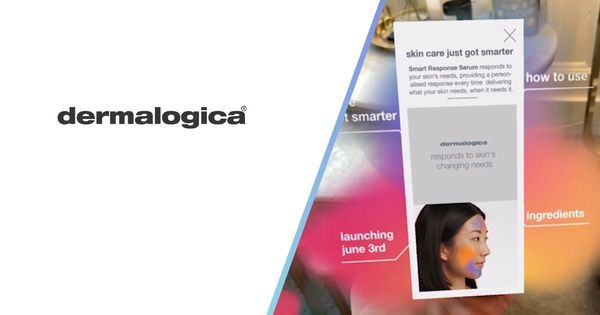It is understood to be the only NHS hospital in the UK currently offering TVR for IR treatments like angioplasty, stent changes, and inserting feeding tubes.
Research shows that therapeutic virtual reality (TVR) can not only help to reduce patient anxiety and pain, but also lower their blood pressure and aid recovery.
Last month, the British Medical Journal also found that over 50 percent of palliative care patients saw improvements to symptoms of pain and depression through the use of VR technology.
Andrea Hattabi, Senior Sister for Interventional Radiology, who was instrumental in bringing TVR to the hospital, spoke about her view of the technology from the ground: “Every IR procedure is carried out under local anaesthetic meaning the patient is awake.
“Using the headset helps block pain receptors and helps them to take their mind off of what is happening.
“You can see that it works because the machines show their vital signs stabilise during the procedure while wearing the headset.
“The feedback we’ve received from patients has been really positive and those who have used TVR say they will use it again and recommend it to others.
Hattabi hopes this technology will be adopted elsewhere: “We’re already talking to other teams across the hospital who are interested in using TVR in their service, so the hope for the future is to be able to offer TVR in other areas so even more patients, including children, can benefit.”
TVR was introduced as a pilot in August 2023, since which time over 200 patients have reportedly benefited from it.
It involves patients viewng a virtual reality environment via a headset during their procedure.
Patients can choose from eight different VR environments, including underwater, a summer or winter walk in the forest, a sunny beach, summertime, wintertime, a lake, and a zen garden.
They can also opt to either wear a headset or headphones through which they will be able to listen to the sounds that accompany each environment. In this case, a member of staff will also wear a headset with a microphone so that they can speak to the patient if needed.
One patient, Eric Hitchcock has had his urine bags drained every six weeks following the removal of his bladder in 2009. He explains what a difference TVR has made for him: “It’s brilliant. Really good. It takes my mind off of everything that’s happening and I can’t recommend it highly enough.
“To anyone who hasn’t used it before I’d say ‘you’ve got to give it a go’. Before I used to tense up because I knew what was coming.
“Now I don’t feel a thing because I’m concentrating on the scene in the headset and I’m relaxed.
“Quite often I don’t know when the consultant has started or finished the procedure.
“It’s definitely helped me a lot and I don’t feel achy afterwards like I used to either.”
Earlier this month, UK surgeons at a private hospital used Apple’s Vision Pro headset during surgery for the first time.
This article was first published by James Stevens for XRToday. Read the original article here.



